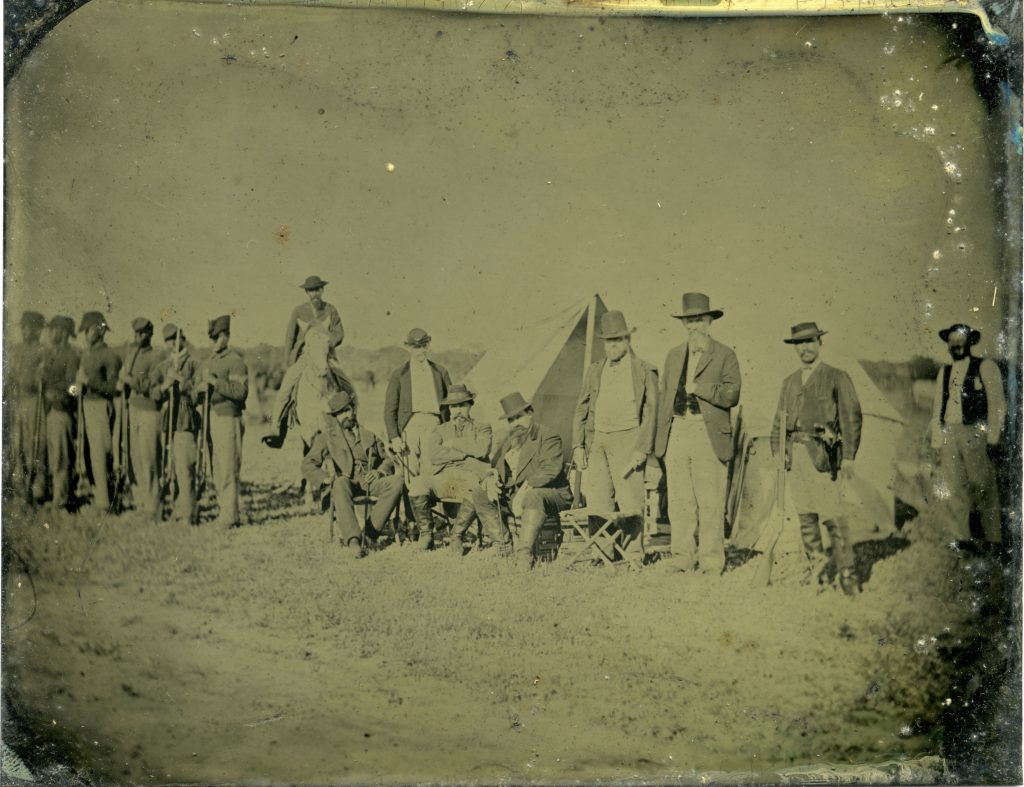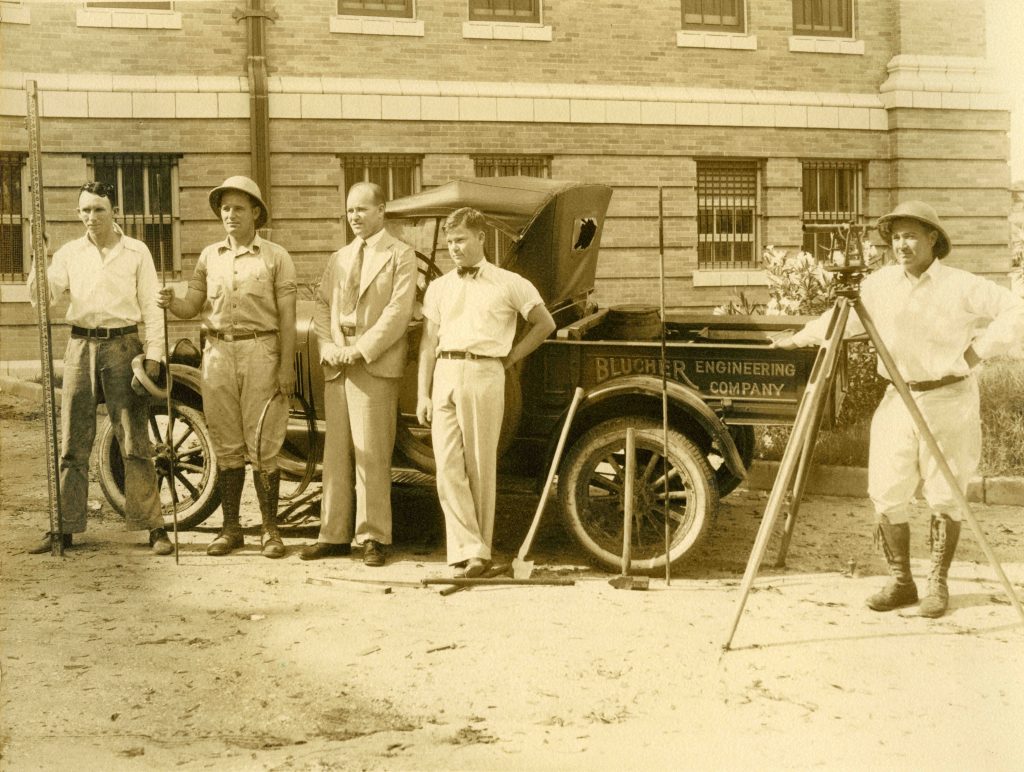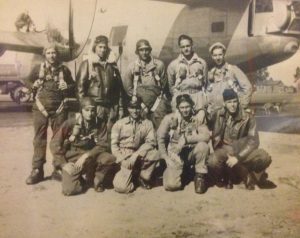Many students complete their educational career without interacting with the archives, possibly without knowing they exists. Having studied psychology for the entirety of my six years in higher education, I have never had a reason to interact with or investigate the contents of the archives available to me until recently.
After being accepted at TAMU-CC, I began applying to available Graduate Assistant jobs indiscriminately. When the archives staff contacted me, I had to pretend to remember applying for this particular position as I searched the internet and my inbox for the words they were using. After stumbling through the interview process, I was walked through the archives and began to get a grasp on what was actually going on in the hidden corner of the library that had somehow escaped my attention all these years; though, there is still so much more to uncovers and learn about in the TAMU-CC archives. My job is targeted; I work on the Blucher collection.
The Blucher Collection consists of over 150 linear feet of documents dated back to the early 1800s. Felix Blucher was a Texas pioneer and his family saved nearly every piece of paper they touched for four generations. He and his sons were surveyors in South Texas for generations and were instrumental in the development of the region; they had personal relationships with many prominent Texas families and were involved in many important projects in the Coastal Bend Area and beyond. I was tasked with organizing the Blucher Collection in order to make them available to patrons. I was sure that this would turn out to be a tedious and mundane task, but I am a flexible person and was confident that it would be okay.

Without expectation, I began moving through the disorganized collection. I was told to bring the director of Special Collections and Archives anything that stood out as having particular significance. In the beginning, I was making trips to her office every few minutes excitedly holding random pieces of correspondence or paperwork. Slowly I realized that the entire collection consisted of these items.
Again, the collection was completely unorganized. However, jumping through time, a fragmented firsthand account of Texas and American History slowly began to materialize into a comprehensive family story spanning generations. At one moment I would be holding handwritten letters describing hardships endured by pioneers who initially settled the Coastal Bend Area, soon after I would pick up a letter from a WWI soldier describing events occurring at his camp. Slowly, I began to know the personality, educational background, professional accomplishments, and difficulties experienced by generations of individuals whose lives touched many major historical events as well as geographical areas of personal significance to me.
The Blucher Collection contains conversations relating to the early settlement of Texas, the development of the Coastal Bend Area, the Mexican American War, the Civil War, and the World Wars, and many other notable events. Paperwork signed by major historical figures is interspersed throughout. Driving through Corpus, I now recognize names on street signs, landmarks described by individuals in the 1800s, and have even located my family’s ranch on an old Blucher map.

In the past, I had no particular interest in studying history, but holding the actual letters written in the moment by someone who is experiencing events brings history to life. Because of the scope of this collection, much can be learned about local, state, and world history in the format of firsthand experience. To the novice or advanced historian, I believe that this collection truly has something to offer.


